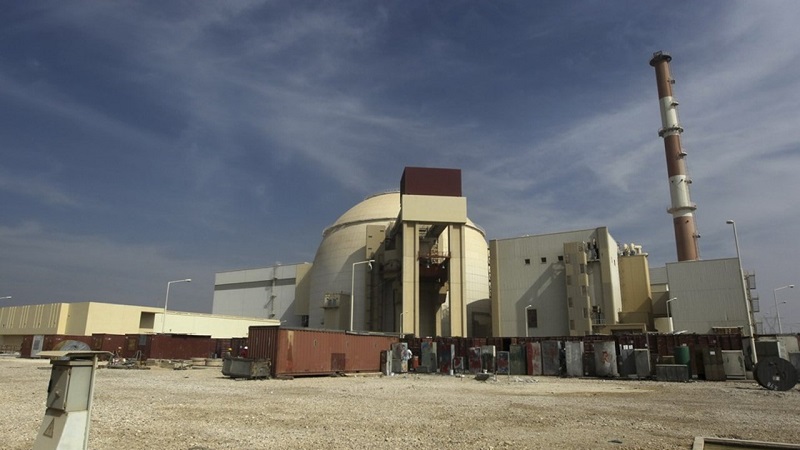
With the seventh round of talks aimed at restoring the 2015 Iran nuclear deal, also known as the Joint Comprehensive Plan of Action (JCPOA), coming to a close last week after five days of deliberations, negotiations resumed again on December 9 with doubts as to whether the talks will be successful.
The Iranian regime’s negotiator has made a number of statements to intimidate the Western signatories into giving in to the regime’s demands for the immediate relief from U.S. sanctions, but the U.S. does not plan to provide such relief. Instead, they have warned that if the regime’s delaying tactics lead the negotiations to fail, there are other options available to make them cooperate.
The National Council of Resistance of Iran (NCRI) said, “The French Foreign Ministry, meanwhile, signaled that it views that outcome as increasingly likely. In media interviews, officials stated that they are worried Iran is “playing for time” and that the regime’s position in the negotiations is likely to grow even more untenable the longer the negotiations carry on.”
In light of outrageous demands that the Iranian regime has put forward before they will consider complying with the terms of the nuclear deal, German officials have urged them to come back to the latest round of talks this week with more realistic proposals.
The U.S. are still sceptical of the regime’s actions and have accused them of dragging out the negotiating process in order to accelerate their nuclear activities. Since 2018, the regime has been focusing on their uranium enriching project, bringing it closer and closer to weapons grade purity levels.
The NCRI said, “In its most recent quarterly report on the Iranian nuclear program, the International Atomic Energy Organization estimated that Iran’s stockpile of 20 percent enriched uranium was more than 80 kg., but the head of Iran’s nuclear authority later boasted that the real figure was at least 50 percent higher.”
Another substance being produced by the regime is uranium metal, which has no use other than as part of the core of a nuclear weapon. The regime has consistently found loopholes in the terms of the JCPOA to advance their nuclear project, as seen in their production of potentially nuclear-capable ballistic missiles that has continued unquestioned for years.
The regime is too comfortable in receiving concessions from Western powers, and as seen with their latest demands they show no sign of backing down from trying to get what they want. An official from the U.S. State Department stated that the regime is trying to “pocket all of the compromises that others – the US in particular – has made and then ask for more.”
It appears from assessments of the U.S. strategy that the American government is counting on Russia and China to be the sources of pressure to encourage the regime to back down from its hard-line position.
The NCRI said, “The effects of that strategy would go well beyond bolstering the prospects for a resolution at the Vienna talks. Iran’s hardline negotiating position has been backed up by the regime’s president, Ebrahim Raisi who has been selected by the supreme leader to follow this path.”
Mohammad Mohaddessin, the chairman of the Foreign Affairs Committee of the NCRI claimed that the regime’s Supreme Leader Ali Khamenei has ‘tied his destiny to the nuclear program’, and that his selection of Ebrahim Raisi as the regime’s new president was a hostile act to assist with the pursuit of nuclear weapons.
He said, “The Iranian regime’s nuclear sites should be dismantled, and the regime should halt enriching uranium. The inspection, anywhere and anytime, should be implemented.”